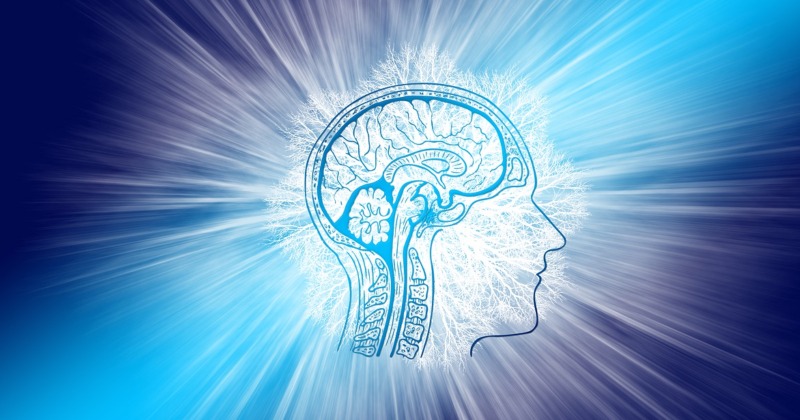In this San Rafael Audio, Rick discuss the benefits of impermanence.

Rick Hanson
Author / Psychologist
Follow on:
Expertise
Biography
Rick Hanson, Ph.D. is a psychologist, Senior Fellow at UC Berkeley’s Greater Good Science Center, and New York Times best-selling author. His seven books have been published in 33 languages, and include Making Great Relationships, Neurodharma, Resilient, Hardwiring Happiness, Just One Thing, Buddha’s Brain, and Mother Nurture – with over a million copies in English alone. He's the founder of the Global Compassion Coalition and the Wellspring Institute for Neuroscience and Contemplative Wisdom, as well as the co-host of the Being Well Podcast – which has been downloaded over 15 million times. His free newsletters have over 260,000 subscribers and his online programs have scholarships available for those in need. He’s lectured at NASA, Google, Oxford, and Harvard. An expert on positive neuroplasticity, his work has been featured on CBS, NPR, the BBC, and other major media. He began meditating in 1974 and has taught in meditation centers worldwide. He and his wife live in Northern California and have two adult children. He loves the wilderness and taking a break from emails.
Articles
Right Livelihood
Introduction The Eightfold Path is the fourth of the Buddha’s Noble Truths, and it is the way leading to the uprooting of the causes of suffering, and thus to increasingly stable and profound peacefulness, wisdom, virtue, and happiness.
Your Wonderful Brain
Although your brain isn’t heavy – about three pounds of soft, gooshy tissue-like tapioca pudding – it has about 1.1 trillion cells altogether. It literally is the most complex object known in the universe.
Train Your Brain: From Anxiety to Security
Some exercises that will help show you where in your own brain the emotions of anxiety and security live.
Turn Toward Suffering, from Frank Ostaseski
In Western culture, we are taught that if suffering exists, something is wrong. It is a mistake. I had a boss years ago who, when something didn’t work out, demanded, “Whose fault is this? Who is to blame?” When I would explain that sometimes things just don’t go...
Train Your Brain: Letting Go
Use letting go whenever you relax, get stress relief, release painful feelings like worry or anger, take things less personally, or drop thoughts that make you and others unhappy.
The Power of Mindfulness: Shauna Shapiro
How do we change? In this pioneering talk, Dr. Shauna Shapiro draws on modern neuroscience and ancient wisdom to demonstrate how mindfulness can help us make positive changes in our brains and our lives.
Train Your Brain: From Anger to Peace
Why is skillful interaction with our angry emotions so necessary? It’s because anger is both one of the most effective social tools for achieving short range results, and one of the most toxic emotions to ourselves and our family/social networks.
A Caring, Joyful Heart
As you probably know, compassion and loving kindness are central elements of Buddhism. They arise naturally in response to one of those three fundamental characteristics of existence: interdependence/not-self/emptiness.
Taking Others into Account
Rick talks about taking others into account and relating to them.
Interview with Dr. Randy Kamen
Dr. Randy Kamen interviews Dr. Rick Hanson for the Finding Fulfillment and Joy in Midlife online summit. Learn how you can live a rich and meaningful life despite inevitable challenges that may arise as we grow older.
Train Your Brain: Positive Emotions and Taking in the Good
For most people, the point of living boils down to one or more of these three things: Quality of life, Contribution and Learning. So if you have been wondering what you’re doing here on this earth, you might look to one or more of those categories!


